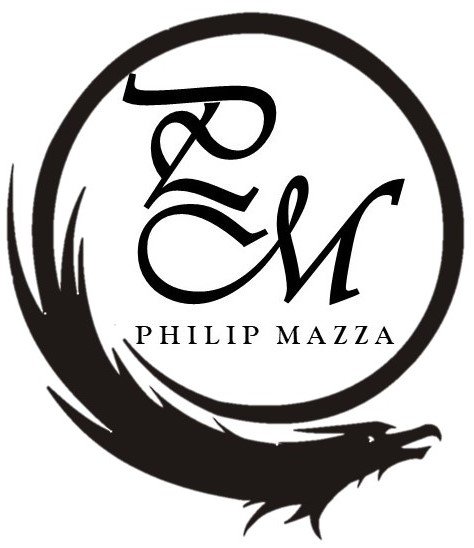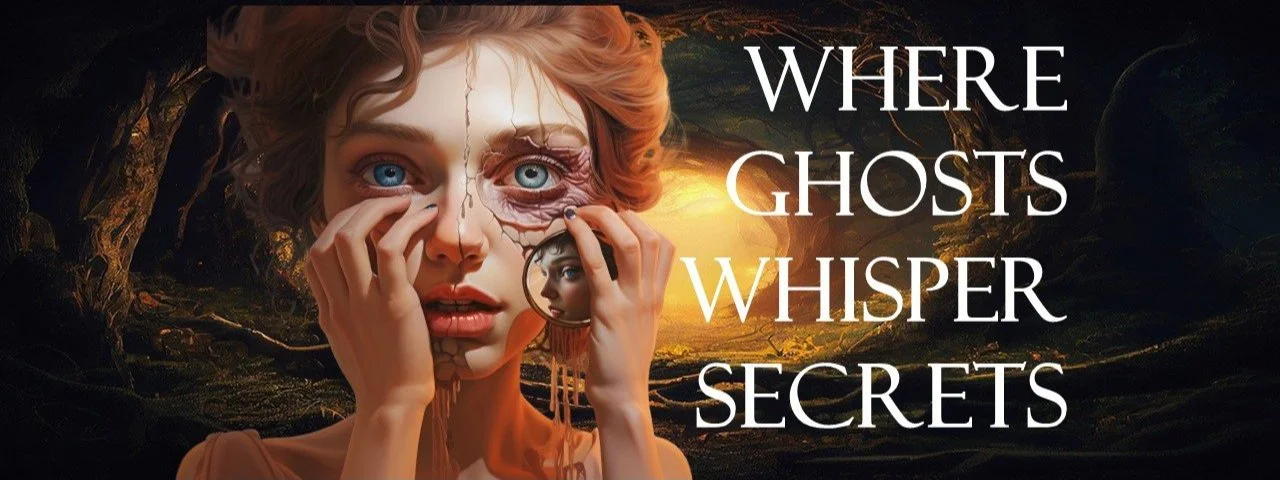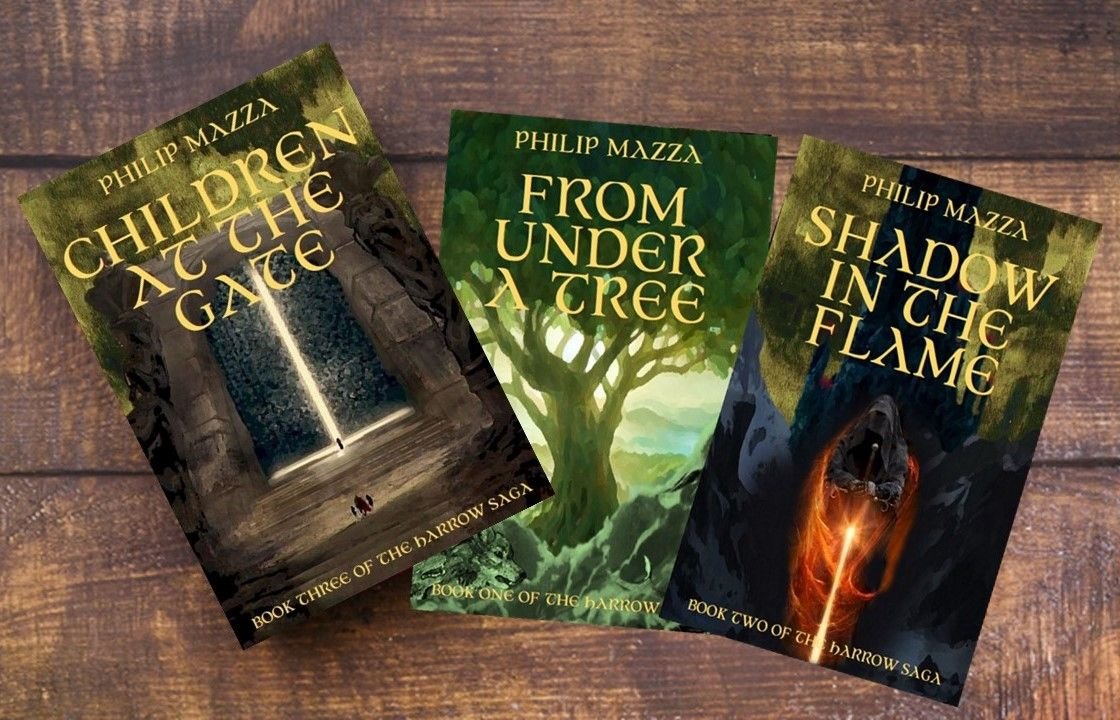On Finishing The Harrow Saga
/On Finishing The Harrow Saga
November 26, 2021
Disclaimer: Since my publisher enjoys including disclaimers in my novels, let me insert one here. Many people have complained that I've not blogged in quite some time. Why is this? Frankly, I feel as though I don't have anything interesting enough to write about. I can promise you that there is no shortage of stories, facts, and opinions in my life. It's just a matter of what I choose to focus on, and I choose to focus on writing my novels instead of blogs. With that said, I understand the more you write a blog, the easier it gets. So, I will endeavor to improve in this area and for those who enjoy my fiction.
I am a writer, and I have been working on a novel for a while now. After a few years of writing (well, since 2008), I'm finally finishing the third book of the Harrow Saga, and perhaps ahead of schedule! The work has been hard, but it's all worth it in the end because I love what I'm doing. Writing has been a passion, and that's why I'm so close to being done with this project.
Writing a novel is difficult, especially an epic fantasy story. It requires time, dedication, and patience. There are many steps involved in the process of writing a novel, but these can be broken down into four major stages: brainstorming, drafting, editing, and publishing. Brainstorming is about coming up with an idea for your story and figuring out what to do with it, creating an outline of scenes. Drafting is the stage where you actually write the story, based on your outline of scenes. Editing is where you take the draft and make it better. Publishing is working with the publisher, their editors, and making your book come alive via distribution to readers.
But there's a loop in the process. Sometimes when drafting a given part of your novel, you stumble upon a pleasant surprise - variants!
You see, the author can be on the edge of their seat, screaming at the prose they wrote because they can't believe what is happening to a character. The author gets drawn into their world; then, suddenly, the author begins to see an ocean of intricate storylines along the horizon, with complicated plots and characters full of life.
When drafting, it can be difficult to select from many storyline variants. An effective story comes from combining several plots. When choosing a storyline, the author must consider whether it is appropriate for the genre and if it is too broad or too narrow. One should also consider the different perspectives of the characters involved in the story, as well as how each character will interact with the other. But also, what is critical, is where a storyline variant may lead the tale. What road will the author take? And where will the road lead? Other roads?
But when the author finally decides on a road, they are left in disbelief because the story went to an amazing place!
The imaginative and creative process involved in writing an epic fantasy novel can be a rewarding, but also difficult task. Emotional and physical investments may be made that can lead to stress and anxiety for the author, which is why it is important that they continue to work through these feelings, that they continue to travel the many roads.
After years of writing and rewriting, I'm nearing the end with my long-awaited last novel in The Harrow Saga, Children at the Gate. I've always loved to write, and the process of creating a story from scratch has been rewarding and challenging. The editing process was well worth it and, in the end, I feel that my novel is finally complete.
Why did I write the Harrow Saga?
Every person has a story to tell. This may be something they experienced, something they saw, or just something that happened to them. Some people are better at expressing themselves than others, and part of that is due to how they can articulate what they want to say. Writing is an activity that most people find enjoyable, especially if the person likes puttering around in their head with all of their thoughts.
I write fiction because it is a wonderful way to escape from reality. The world of writing allows me to step out of myself for a moment and live in the worlds that I create. One of my favorite things about writing is the ability to make choices as an author. When I'm writing, I can make decisions about who lives or dies, what happens next, how people behave - all those things that you can't really control in real life.
Did I know how the story would end?
As I am completing Children at the Gate, many readers email me and ask - did I know how the story would end when I wrote the first two books?
In a word, no.
In recent times, ending a novel has become more of a science than an art. There are many factors to consider before reaching the perfect ending for your novel if such a thing can ever exist, and these factors include genre, pacing, foreshadowing, and tone. For example, some genres have a specific type of ending that they require, while others have no set rules at all.
Ending an epic fantasy novel is not an easy task. Novels in this genre require readers to invest substantial time and energy in the story in order to emotionally connect with the plot and the characters. While there are many ways to end a fantasy novel, most authors attempt to tie up loose ends and provide some type of resolution for the story. With that being said, it's important for an author to consider their literary style and determine what would be appropriate for a satisfying ending.
I have always wanted to be a writer, but it wasn't until late in life that I took the important step of actually writing something. The experience has been exhilarating. I spend hours in front of my computer, typing up scenes that come to me, and then traveling different roads and exploring new storylines. The cursor blinks at me with each word, waiting for me to fill in the bubble before moving on to the next sentence. The words flow out of me onto the page. And now, as I near the end of The Harrow Saga, I feel like I can accomplish anything!




